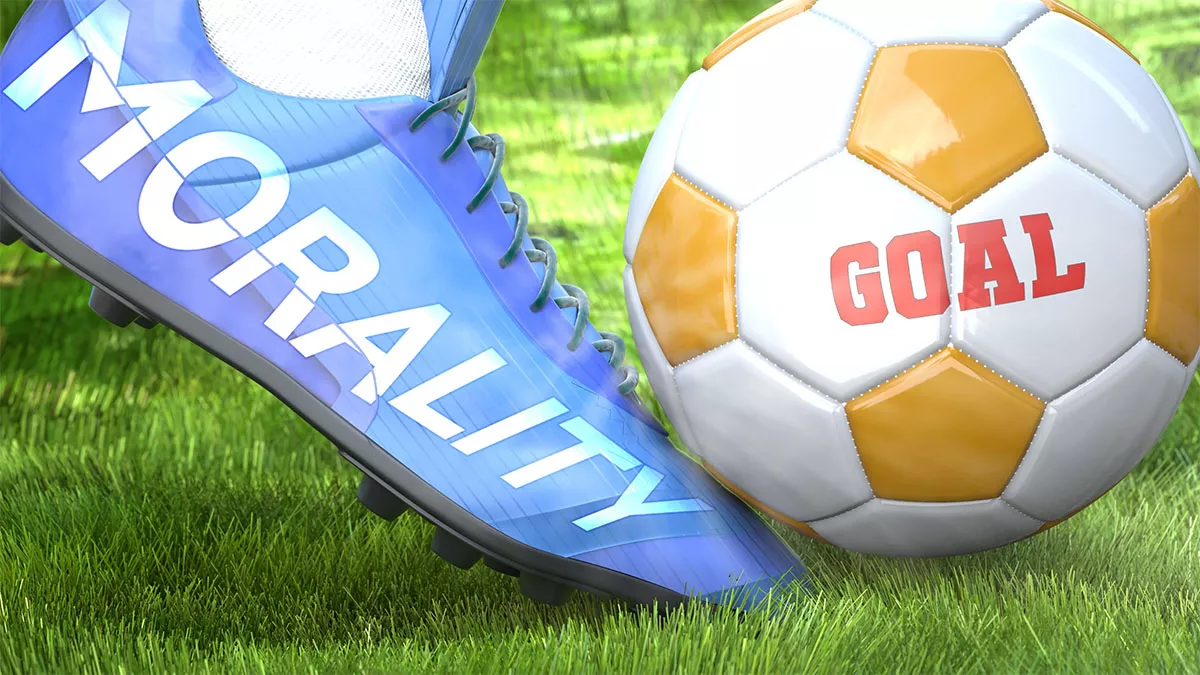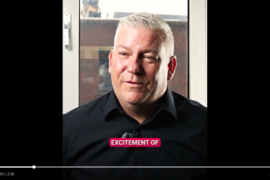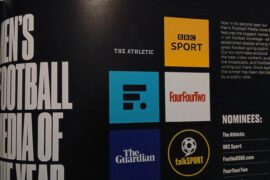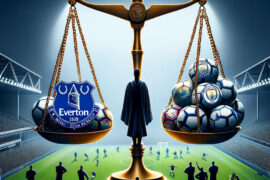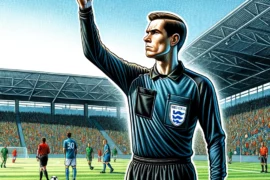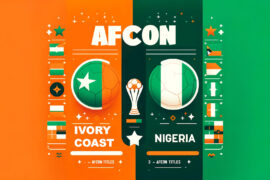Politicians and human rights activists are at odds with international sports federations allowing Sportswashing.
The former accuse the latter of sacrificing morality on the altar of money and argue that governing bodies are allowing the sports they superintend to be used to launder the soiled images of governments with questionable human rights records.
International sport governing bodies categorically deny the charge. Defending themselves, they argue that they cater to a broad spectrum of fans, including those in countries presided over by tyrants.
It is not sport’s business to be sanctimonious and pass judgment on the political affairs of host countries, sports’ gatekeepers contend.
The business of sport, they argue, is to be a force for positive change and to bring cheer to all, including those oppressed by their own governments.
Therefore, to boycott countries presided over by leaders of questionable repute is to punish sports fans for the sins of their delinquent governments. It goes against the spirit of sport, so say custodians of various sports.
Newcastle United under spotlight
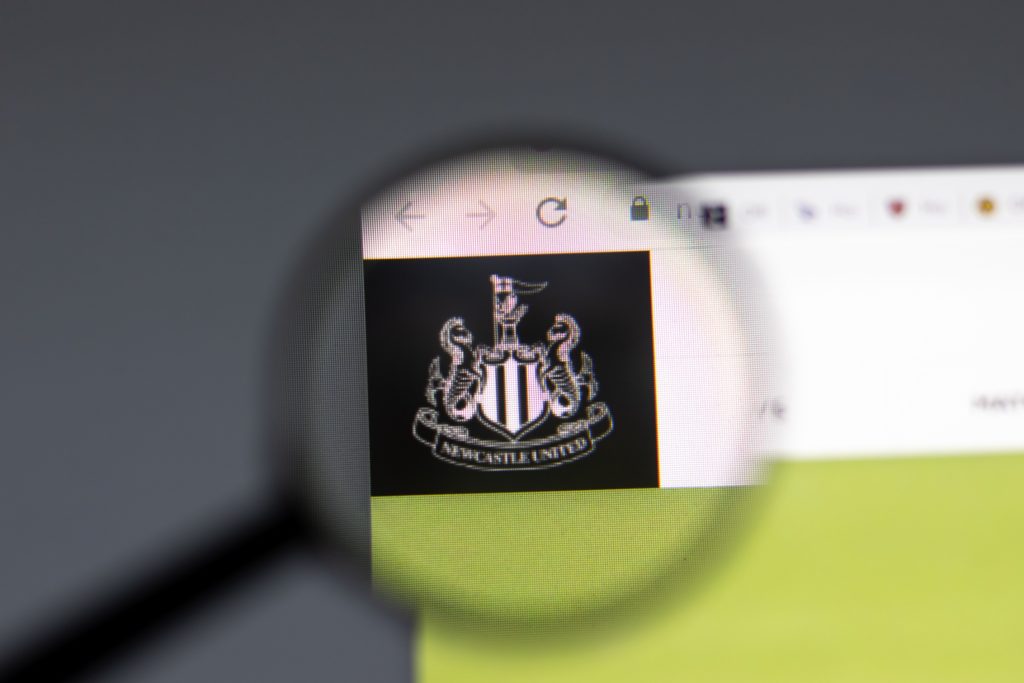
Concerns over the moral fitness of prospective owners delayed and threatened to derail the Saudi Arabia Public Investment Fund’s (PIF) takeover of Newcastle United.
The deal only sailed through after the Premier League received legally binding assurances that there would be no government involvement in the running of the club.
Barely two years on, Amnesty International wants the Premier League to relook the takeover after the emergence of new evidence suggesting the PIF misled the Premier League about fund officials’ political ties with the Saudi kingdom.
In a US court case involving LIV Golf, also owned by PIF, as part of their client’s defence, lawyers for the Saudis let it slip that Newcastle United chairman Yasir Al-Rumayyan was “a sitting minister of the government” who also enjoyed “sovereign immunity.”
That ‘incriminating’ titbit will cause a great deal of consternation among the club hierarchy and fans.
Did the PIF mislead the Premier League? What are the implications if the answer to that question is in the affirmative? Are those legally binding assurances of non-political interference worth the paper they were written on?
If it turns out that indeed Al-Rumayyan is a minister in his country’s government, then that could prove to be more than just a minor nuisance for the Premier League and Newcastle United.
It would add credence to the theory that the Saudi state is puppeteering the PIF from behind the scenes.
Sport as image laundromat?
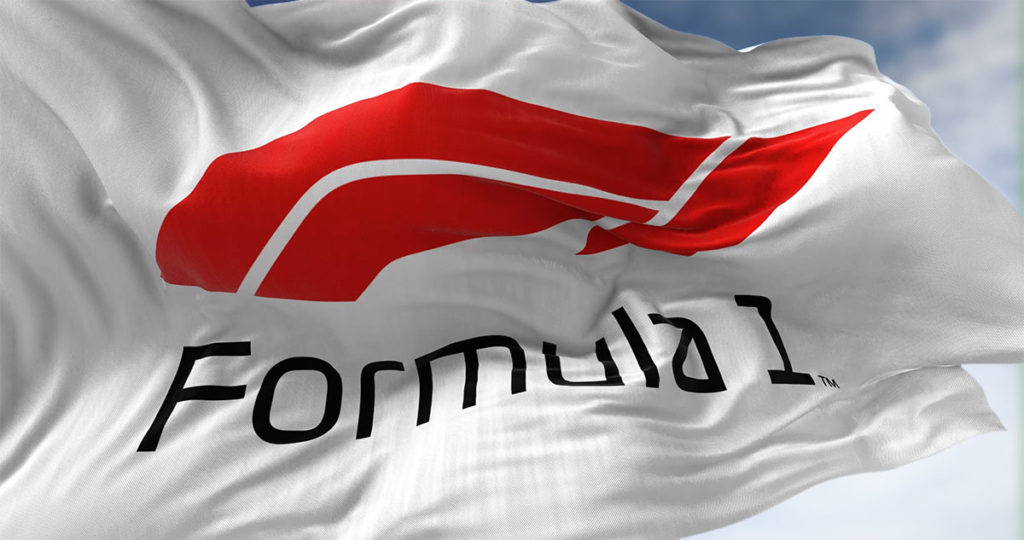
It’s not just football being accused of offering itself as an image laundromat for political regimes accused of violating human rights.
Ahead of the F1 race in Bahrain this past weekend, and Saudi Arabia to come, politicians and human rights activists just fell short of labelling motorsport’s governing body, FIA, aiders and abettors of authoritarian regimes.
By taking the sport to those two countries – habitual violators of human rights – critics argue, the FIA is lending legitimacy to the Bahrain and Saudi regimes.
Last week a group of UK MPs wrote to the FIA to “condemn F1’s refusal to engage with key stakeholders including human rights groups, such as the Bahrain Institute for Rights and Democracy when awarding Bahrain the longest contract in F1 history [until 2036], breaching F1’s own policy”. The UK politicians urged the FIA to introspect and examine the “adequacy and effectiveness of your current human rights policy, or lack thereof”.
Contextualising sportswashing
History is littered with examples of how pariah states and their political leaders, shunned by the international community, sought to ride on the coattails of sports events to gain a veneer of legitimacy.
Sport’s unparalleled crossover appeal, makes it a sought-after vehicle for the advancement of various non-sporting agendas.
However, the recent scramble for ownership of sports entities and for rights to host global sporting events must be seen in the broader context of governments’ strategies to disrupt and reshape international power relations.
Through ownership of sports clubs, states can expand their political and economic spheres of influence, forge new relationships and broaden their cultural repertoires.
It is easy to see why the dominant narrative focusing almost exclusively on sportswashing may lead us to conclude that sport is the only laundromat for authoritarian regimes desperate to be seen by the world in more positive light.
Yet, sportswashing is just one component in a multi-pronged strategy that includes, among others, the deployment of the arts as extensions of diplomacy in international affairs.
Image laundering or business?
The suspicion that the likes of PIF are government surrogates used by their political masters to acquire stakes in sports clubs for the purposes of sportswashing will not be going away anytime soon. We can also debate endlessly whether the pursuit of profits is secondary to or just as important as the goal of image laundering.

There will be some grudging admiration for the Saudis’ burgeoning sports empire. They now have their tentacles most notably in football, motorsport and golf.
The player defections from the PGA to LIV Golf are also forcing the former to reinvent themselves. Proposed PGA reforms announced last week drew ridicule for ironically ‘plagiarising’ and drawing inspiration from LIV Golf.
Is there more in it for the Saudi kingdom apart from the much reported sportswashing?
Maybe the economic returns on Saudi sports investments are dwarfed by the political, diplomatic and cultural capital gained, but there is no doubt these ventures are underpinned by sound business ideas.
Through sport and soft power the Saudis are exploring new economic and cultural frontiers, gate-crashing hitherto closed markets.
